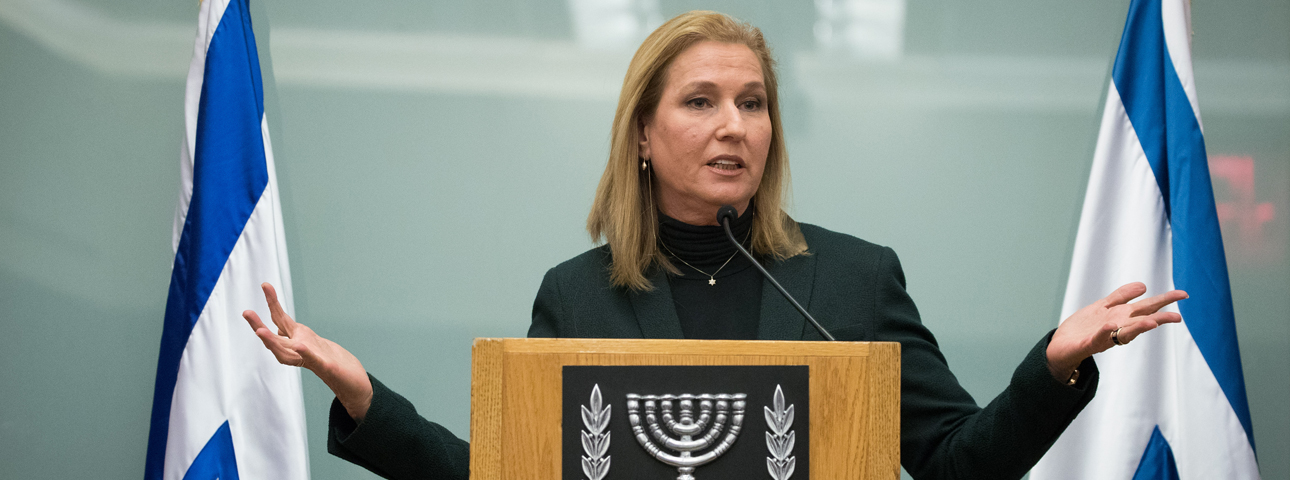Israeli Politics is Still a (Mostly) Boys’ Club at the Top
Israeli politics is still a (mostly) boys’ club at the top. Despite record numbers in the Knesset, few females hold senior government posts — their absence leaves Israel worse off.

Flash 90
In November 2018, following the swearing in of Osnat Mark as Member of the Knesset (MK), the number of women MKs reached an all-time high of 35. This marks a dramatic fivefold increase in the course of a 30-year period. Women now make up nearly 30% of the total number of Knesset members, a higher percentage than in the US Senate (25%) or the House of Representatives (23%). Furthermore, Israel now only lags slightly behind the OECD average when it comes to women’s legislative representation.
That said, the impressive increase in women's representation in the Knesset has yet to be paralleled in other political spheres and in senior executive positions. Only 4 out of the 21 Ministers in the current Israeli cabinet are women. This figure is far lower than the OECD average of about 30%, and several democratic nations – France, Norway, and Sweden – now have gender-balanced cabinets. The most recent addition to this ‘club’ was Canada, when Prime Minister Justin Trudeau stood by his campaign commitment and appointed an equal number of women and men to his cabinet.
In Israel, not only has the percentage of women ministers always been very low, but in addition-- very few among them were appointed to any of the four most prestigious ministries. Golda Meir (who was also Prime Minister between 1969 and 1974) and Tzipi Livni, served as Ministers of Foreign Affairs, but no women were ever appointed to the Ministries of Finance, Defense, or Internal Affairs.
In local politics the situation is similar. In only six out of the 77 Israeli cities is there a women mayor. This stands in sharp contrast to the global trend of more and more women serving as mayors. As of 2018, nearly 22% of the mayors in U.S. cities with populations over 30,000 are women. In addition, there are women at the helm of many of the world’s most prominent cities: Paris, Madrid and Barcelona, Rome, Tokyo, Sydney, Washington DC and Seattle.
The significance of women in politics extends beyond questions of fair representation and political visibility. It is also a matter of public priorities and fields of activity. A study conducted at the Israel Democracy Institute examined the legislative activity of MKs between 2006 and 2013 and found that women’s MKs pattern of political behavior differed from that of their male counterparts. For instance, they were more involved than men in promoting bills and initiatives on issues of education, health, social affairs and gender equality. And so, the presence of more women in key political positions is likely to bring to the fore a broad spectrum of fields and issues that otherwise might be neglected.
To increase the number of women in key political positions in Israel one must consider introducing affirmative action measures. For example, the adoption of gender quotas, led to a significant increase in women’s political representation in France, Belgium, Portugal, and most recently in Ireland.
In addition, to affirmative action measures, the Prime Minister and Israeli party leaders must also take action to bolster the numbers women in cabinet and in other senior positions such as deputy-ministers or chairwomen of parliamentary committees. Such actions would send a clear message and would also play a significant role in enhancing the position of women in the public and private (economic) sectors, where discrimination with regard to pay and representation in senior positions continues to prevail.
The article was first published in Times of Israel.
